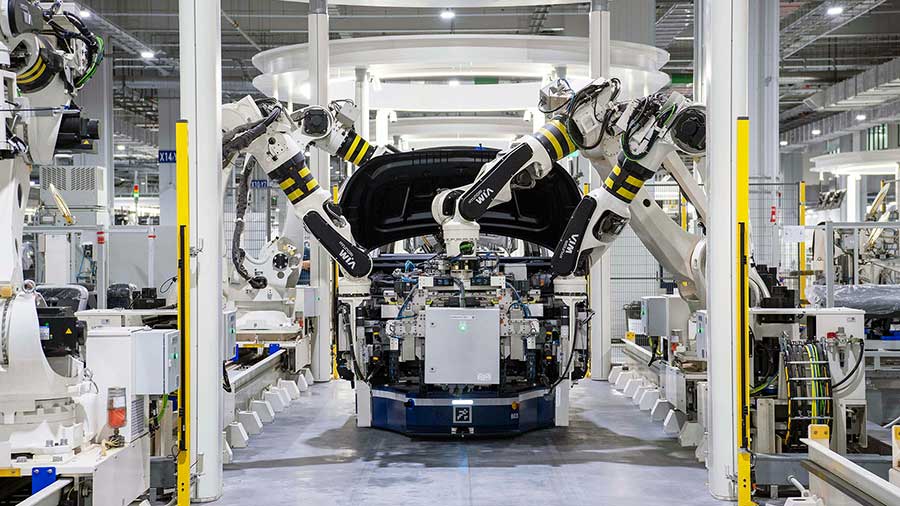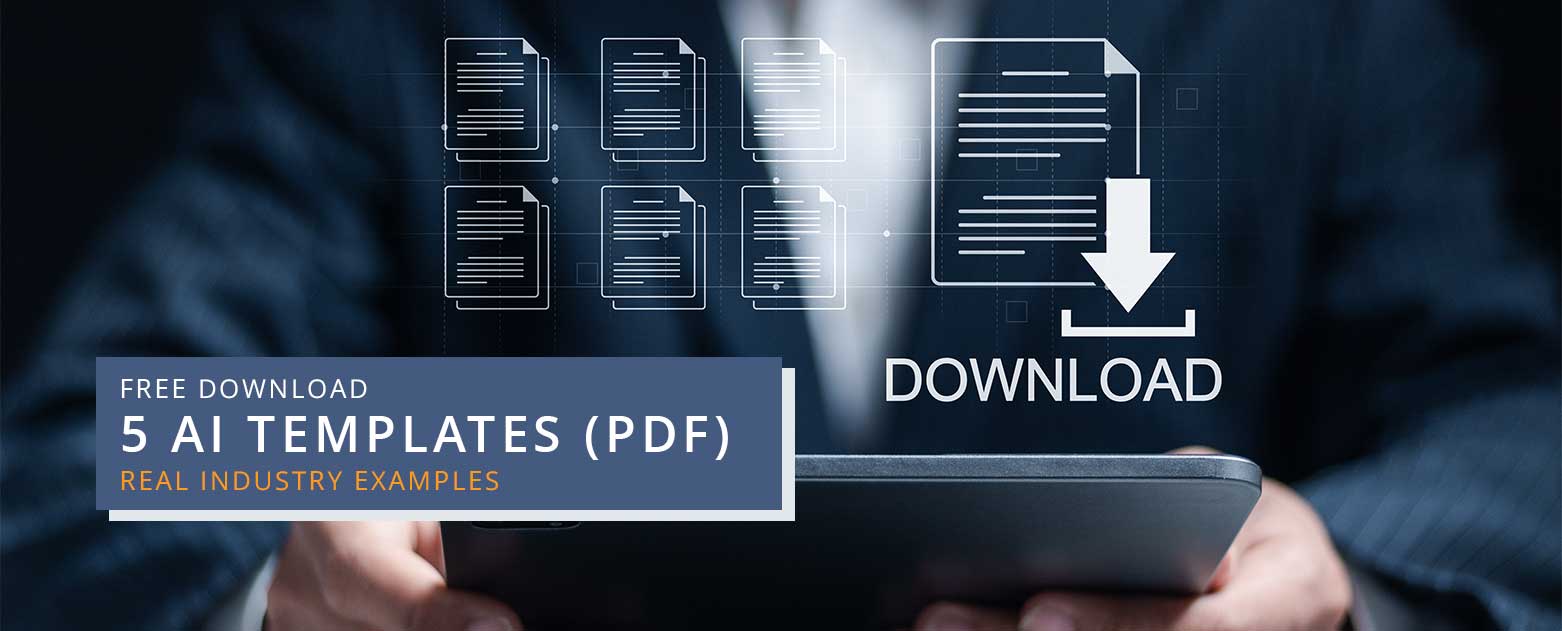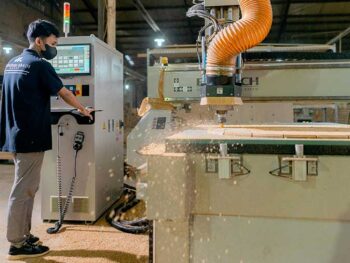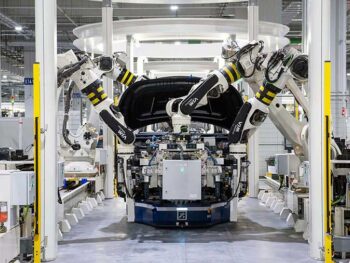Industrial Automation: Revolutionizing Modern Manufacturing

Industrial automation is no longer a futuristic concept — it's the engine powering the next generation of global manufacturing.
By integrating advanced technologies like AI, robotics, IoT, and machine learning into production systems, companies are achieving unprecedented levels of efficiency, consistency, and scalability.
Download: Real AI Automation Insights (PDF)
Get 5 real examples free to copy & paste for your industrial needs.
*we sent you the PDF right to your inbox
What Is Industrial Automation?
Industrial automation refers to the use of control systems such as computers, robots, and information technologies to handle industrial processes with minimal human intervention. These systems streamline repetitive tasks, enhance quality control, reduce errors, and significantly lower operational costs.
Why Industrial Automation Matters
The competitive advantage of automation is clear: faster production, better quality, and lower costs. But there's more. In a world facing skilled labor shortages, volatile supply chains, and increasing product complexity, automation provides a resilient and flexible solution.
Real-World Example: Tesla’s Gigafactories
Tesla’s Gigafactories are a shining example of industrial automation in action. These ultra-modern facilities rely on thousands of automated robots and AI-driven systems to manage everything from battery assembly to vehicle painting. The result? High-speed, high-precision production that would be impossible with manual labor alone.
Elon Musk himself has referred to these facilities as "the machine that builds the machine" — a powerful illustration of how automation is redefining manufacturing at scale.
Use Case: Predictive Maintenance at Siemens
Siemens uses AI-powered sensors and automation systems to predict equipment failures before they happen. By monitoring machine data in real-time, they reduce unplanned downtime and extend machine lifespans. This kind of predictive maintenance saves millions annually and keeps factories running at peak efficiency.
Download: Real AI Automation Insights (PDF)

Download: Real AI Automation Insights (PDF)
Get 5 real examples free to copy & paste for your industrial needs.
*we sent you the PDF right to your inbox
*we send you the 5 real examples free to copy & paste for your industrial needs

Core Technologies Driving Industrial Automation
- Robotic Process Automation (RPA) – Speeds up manual, rule-based tasks.
- Industrial IoT (IIoT) – Connects machines and sensors to central analytics platforms.
- AI & Machine Learning – Enables decision-making, defect detection, and optimization.
- Digital Twins – Simulate and monitor production lines in real time.
Benefits of Industrial Automation
✔️ Increased productivity
✔️ Consistent product quality
✔️ Lower labor costs
✔️ Real-time analytics & optimization
✔️ Enhanced workplace safety
The Future of Manufacturing
As technologies continue to evolve, industrial automation will expand into new frontiers like autonomous factories, AI-powered supply chains, and fully digitalized ecosystems. Forward-thinking companies are already investing heavily in automation to future-proof their operations and lead their industries.
Final Thoughts
Industrial automation is not just a trend — it's a necessity for manufacturers looking to stay competitive in an increasingly digital world. Whether you're in automotive, aerospace, electronics, or food production, embracing automation can be the key to unlocking exponential growth and operational excellence.
Are you ready to automate your factory? Explore our AI Automation Toolbox and discover how AI agents can transform your industrial processes.
Download: 5 AI Templates from Automotive Manufacturers

Get 5 real examples free to copy & paste for your industrial needs.
*we sent you the PDF right to your inbox



